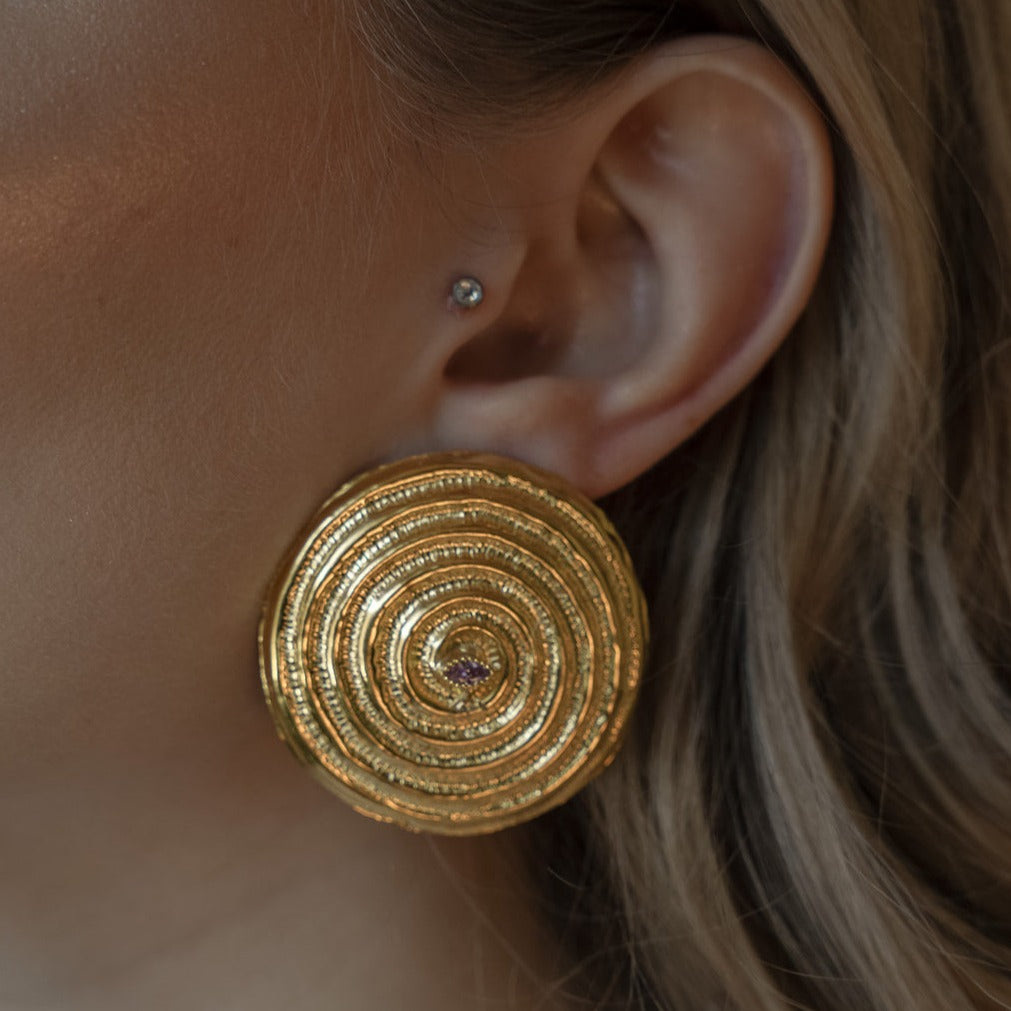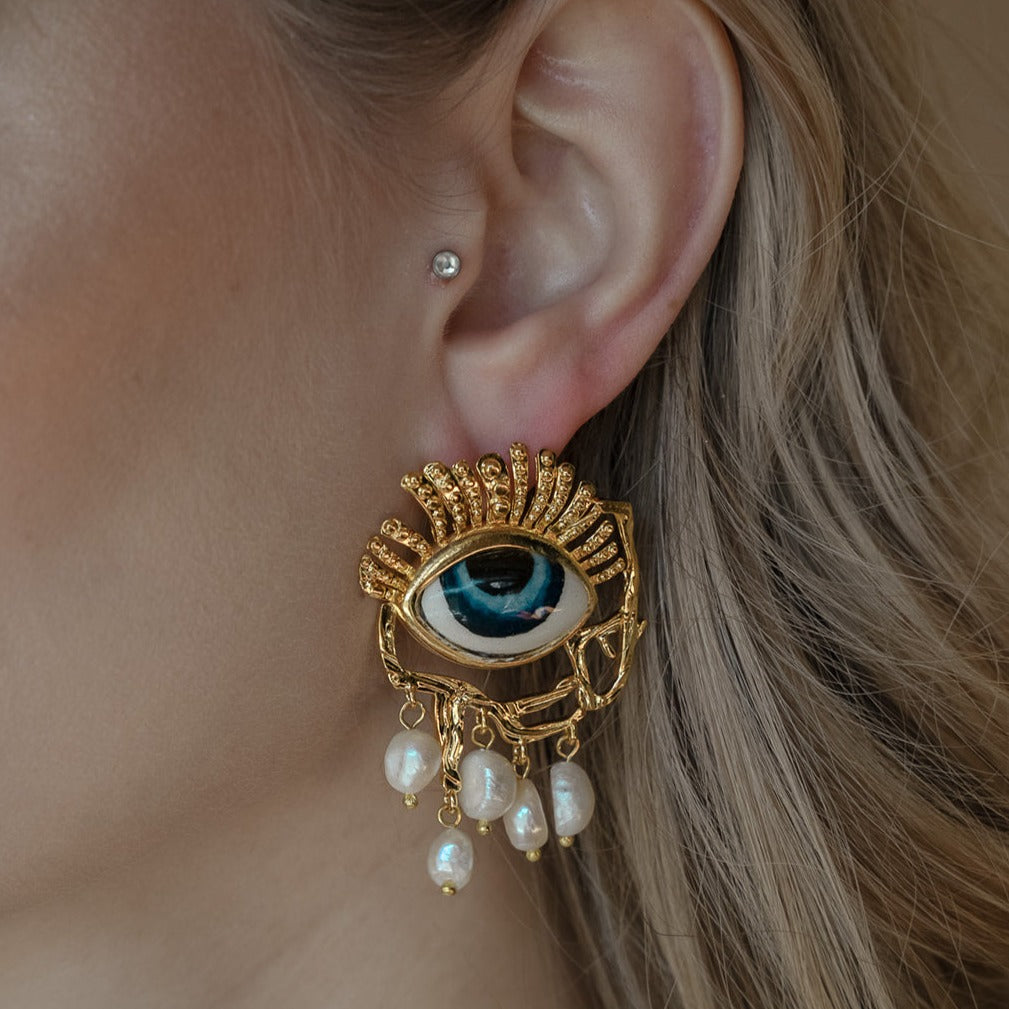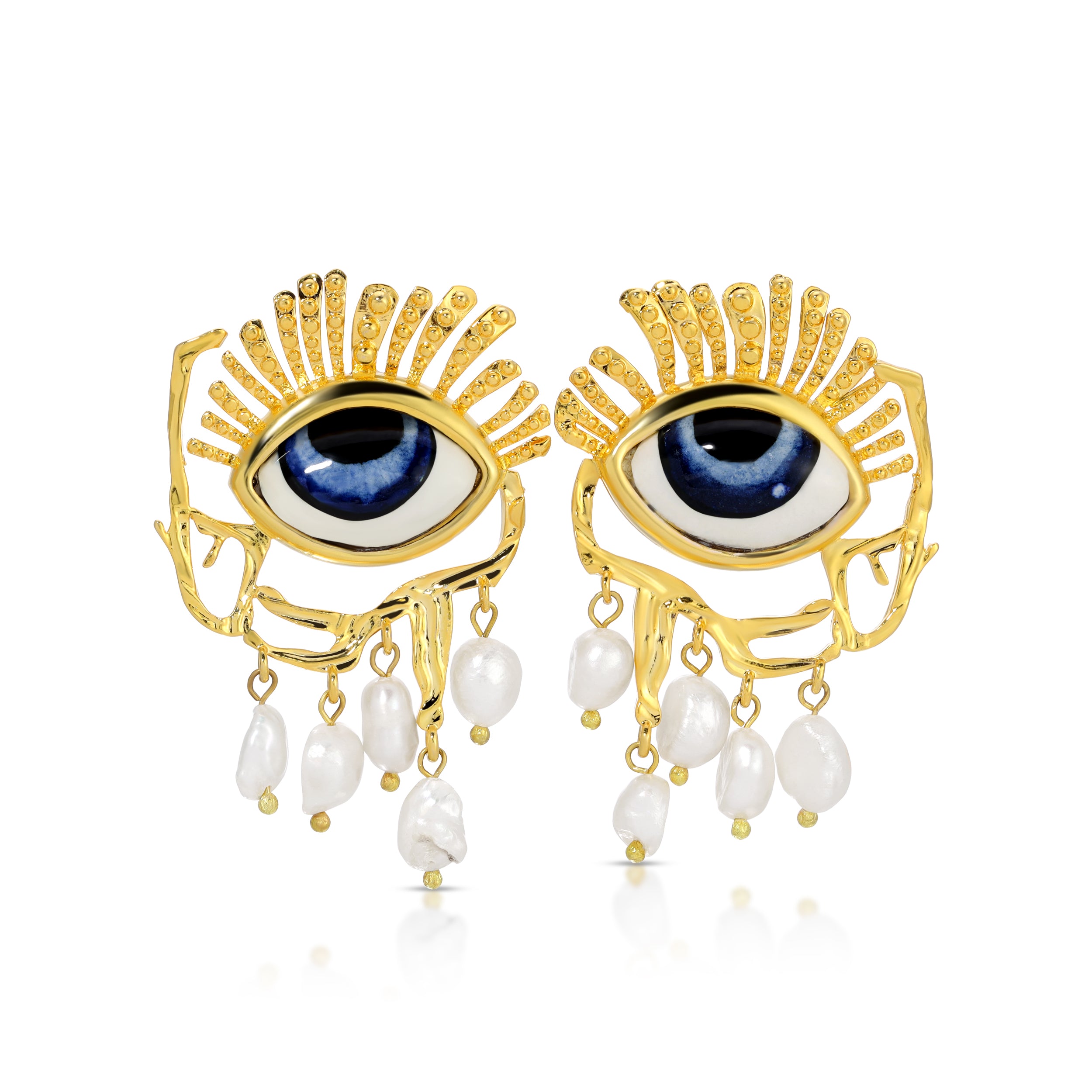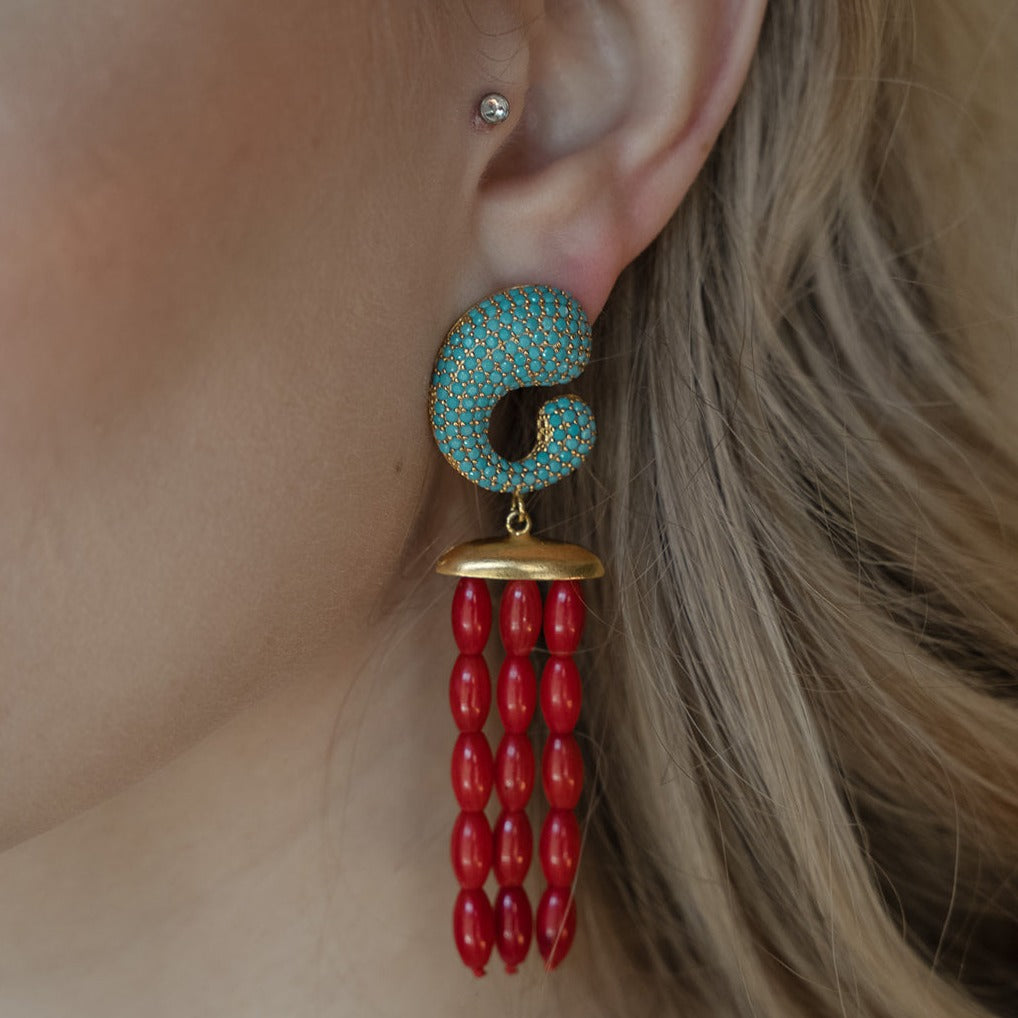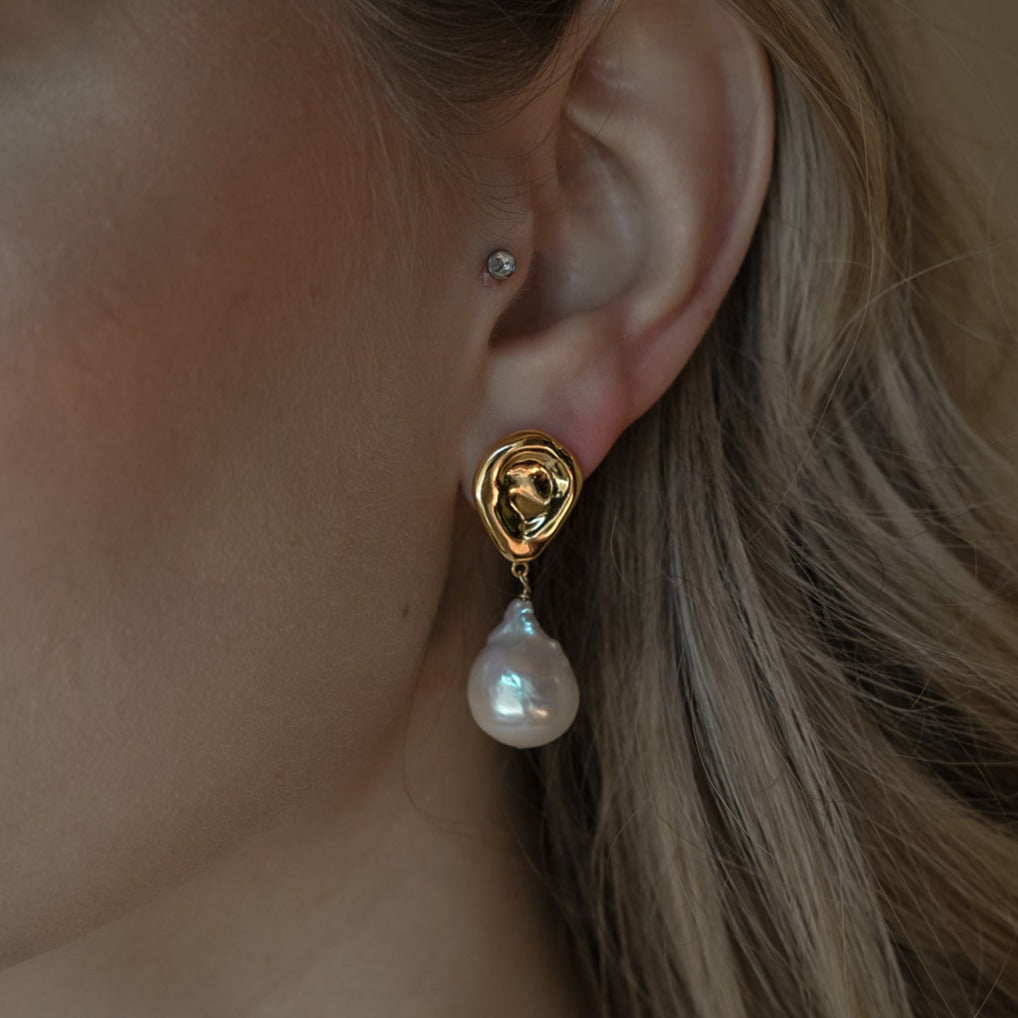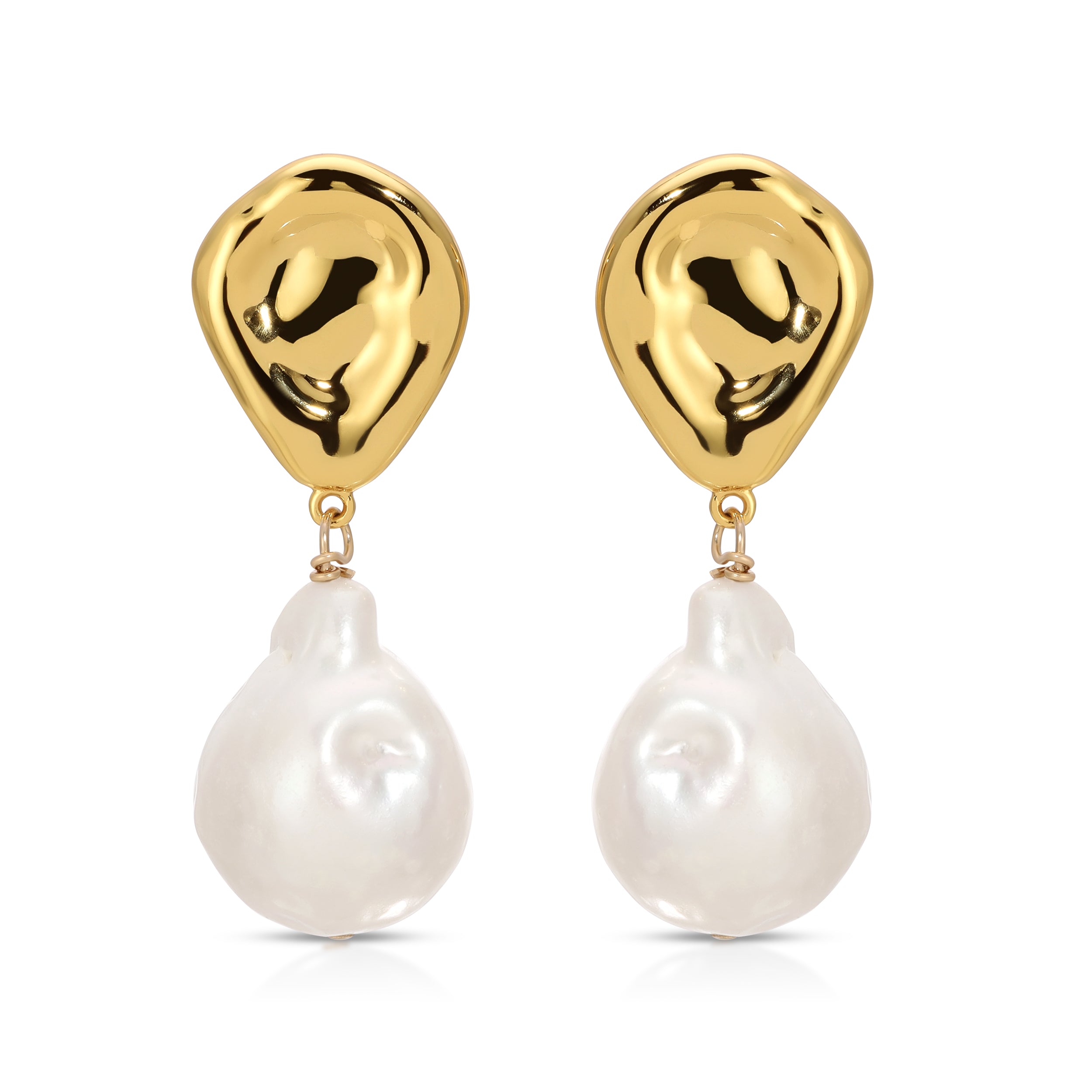Anxiety, our woe begotten frenemy. Most of us have lived with some form of anxiety for a while. At first, we may have thought it was just being a worry-wart, or over-reacting to something. But in the last ten years science has given us a name and a better understanding of what Anxiety Mood Disorder is, and how we can navigate it.
Many of us have lived with some varying degree of it since we can remember, others, like my father – seem to have an aversion to it (lucky man). Actually, according to recent statistics, women are twice as likely to suffer from an anxiety disorder than men (shocking). Everyone experiences stress and anxiety at one time or another. The difference between them is that stress is a response to a threat in a situation. Anxiety is a reaction to stress; often an unwanted reaction that tends to show up over and over again for many.

I myself suffer from a mild form of anxiety and as a highly sensitive person I tend to have an anxious response to stress. Depending on what the stressor is will determine my anxious response. When something happens to the kids, it sends me in a tailspin, often requiring my husband to talk me off a ledge while also attending to the kids. God bless him. Or sometimes it can be as benign as an action-packed film that starts to trigger a stress response in me. Sometimes it seems so silly and I’ve been annoyed with myself for having such a visceral reaction to something that hardly resembles a real threat or stress.
Recently, I’ve become hyper aware of bio-chemical feedback when something triggers my anxiety response system. I’m almost annoyed at how sensitive I am. I feel like I can’t enjoy life sometimes because I have such an exaggerated response to outside stimuli. It doesn’t even have to be something serious…TV shows, scrolling social media, or a random intrusive thought can easily start the loop. I’ve sort of (emphasis on sort of) come to terms with my hyper sensitivity and I’m now focused on learning the tools that can help me stop the feedback loop.
The first thing I notice is an increase in my heart rate. When it starts to beat fast, these are the things I do to help to recalibrate my nervous system. First and foremost, bringing awareness to the fact that something has stressed me out. Second, I start to take slow deep breaths, then I start to tell myself that I am safe in my body. I say, “I’m having a reaction to XYZ, totally normal, but I am in control and I’m not in any real danger”. If that doesn’t help, I’ll make sure my feet are on the ground and I start breathing energy from my heart space into my feet. Moving the frenetic energy helps ground me and moves the energy away from my heart and throat, where I store my anxiety.
Visualizing the energy moving has been a very helpful practice for me. If I can get my feet in some grass I will, if I can’t, I’ll do my best with where I am. I’ve also introduced tapping (Emotional Freedom Technique (EFT)) as physical touch has really helped get me out of my head and back into my body. If you’re unfamiliar with EFT there is a good intro here. As I tap, I repeat a phrase or a series of phrases to help calm me down.
If all else fails and you have the ability, get outside for walk in nature. But my absolute favorite way to reset is sleep, either a nap or a good night of sleep. I feel like sleep is the ultimate reset on so many fronts. With so much external inputs from social media, screens, and a chaotic ever connected world it’s getting even harder to regulate our nervous system.

Sometimes I think I have to move off the grid and just lay in the grass all day to be able to chill out. But alas, this is not our reality so I find myself having to re-learn how to live in today’s over-stimulating world.
As stated before, bringing an awareness to how I actually feel is the crucial first step. We’ve trained ourselves to live in a hyper-kinetic world where emails need to be answered ASAP, messages responded to, action taken yesterday, a nagging feeling of trying to keep up, and life around us moving at warped speed. While we all want to slow down, that idea can sometimes feel like a luxury. But it’s what I think will save us, or at least save our mental health.
Slowing down, logging off, deleting apps, removing triggering news cycles, and instead taking deep breaths, sitting in the grass, responding with intention, and nourishing ourselves as best we can. For some, it may not feel possible, and if that’s you…you may need it the most. We can only move so fast until our tanks are empty and we’re running off of caffeine, five hours of sleep, and a sense of reality so skewed we think we’re thriving. The mania of anxiety can get us high, but the comedowns kick us so hard we wondered how we even got to that godforsaken place.
It's a practice and like all practices it takes time and commitment. Curing our hyperactive anxiety doesn’t happen overnight, it happens slowly over the months and years as we focus our attention on what really matters in our world, our health, our friends and family, and this planet. I hope these methods help you or a loved one along the journey as I know it can be a daily struggle, especially if you’re a highly sensitive person. Equipping ourselves with a healthy arsenal of tactics and tools can be helpful when you find yourself in moments of panic or stress. Try them out and let me know what you think! Also, please share any resources for anxiety relief for the community. I’d love to share with everyone.
May peace and slow moments be with you!
Con Amore,
Anna



